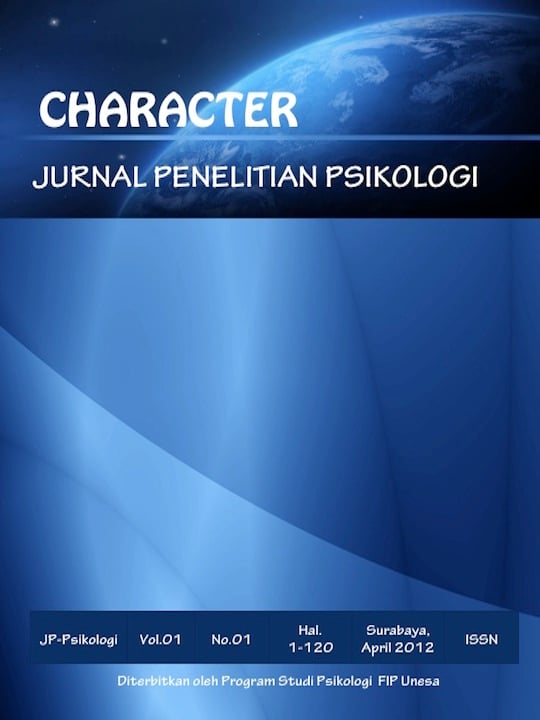Resilience of People with Disabilities Who Have Experienced Bullying
DOI:
https://doi.org/10.26740/cjpp.v10i1.53304Abstract
People with physical disabilities often get bullied because of their physical limitations, which makes them feel down. The existence of this makes resilience skills important to have so that they are able to rise from the adversity experienced. This study aims to determine the description of resilience and sources of resilience in disabled people who have experienced bullying. This study uses a case study approach and focuses on two disabled participants aged 22 years who have experienced bullying. The data collection technique used was semi-structured interviews and thematic data analysis techniques. This study produced two themes, namely the description of resilience and the sources of resilience possessed by the two participants. The results of this study resulted that both participants had aspects of resilience consisting of emotional regulation, optimism, impulse control, causal analysis, self-efficacy, empathy and reaching out. The two participants also had sources of resilience which included inner strength, external support, interpersonal skills and problem solving that supported the two participants to rise from adversity caused by bullying they had experienced.
Downloads
Downloads
Published
How to Cite
Issue
Section
License
Authors who publish in this journal agree to the following terms:
Copyright in any article is held by the author.
The author grants the journal, publication rights with the work simultaneously licensed under a Creative Commons Attribution License that allows others to share the work with an acknowledgment of the work's authorship and initial publication in this journal.
Authors may enter into separate, additional contractual arrangements for the non-exclusive distribution of the journal's published version of the work (e.g., posting it to an institutional repository or publishing it in a book), with an acknowledgment of its initial publication in this journal.
Authors are permitted and encouraged to post their work online (e.g., in an institutional repository or on their website) prior to and during the submission process, as this can lead to productive exchanges, as well as earlier and greater citation of published work.
 Abstract views: 198
,
Abstract views: 198
, PDF Downloads: 340
PDF Downloads: 340





